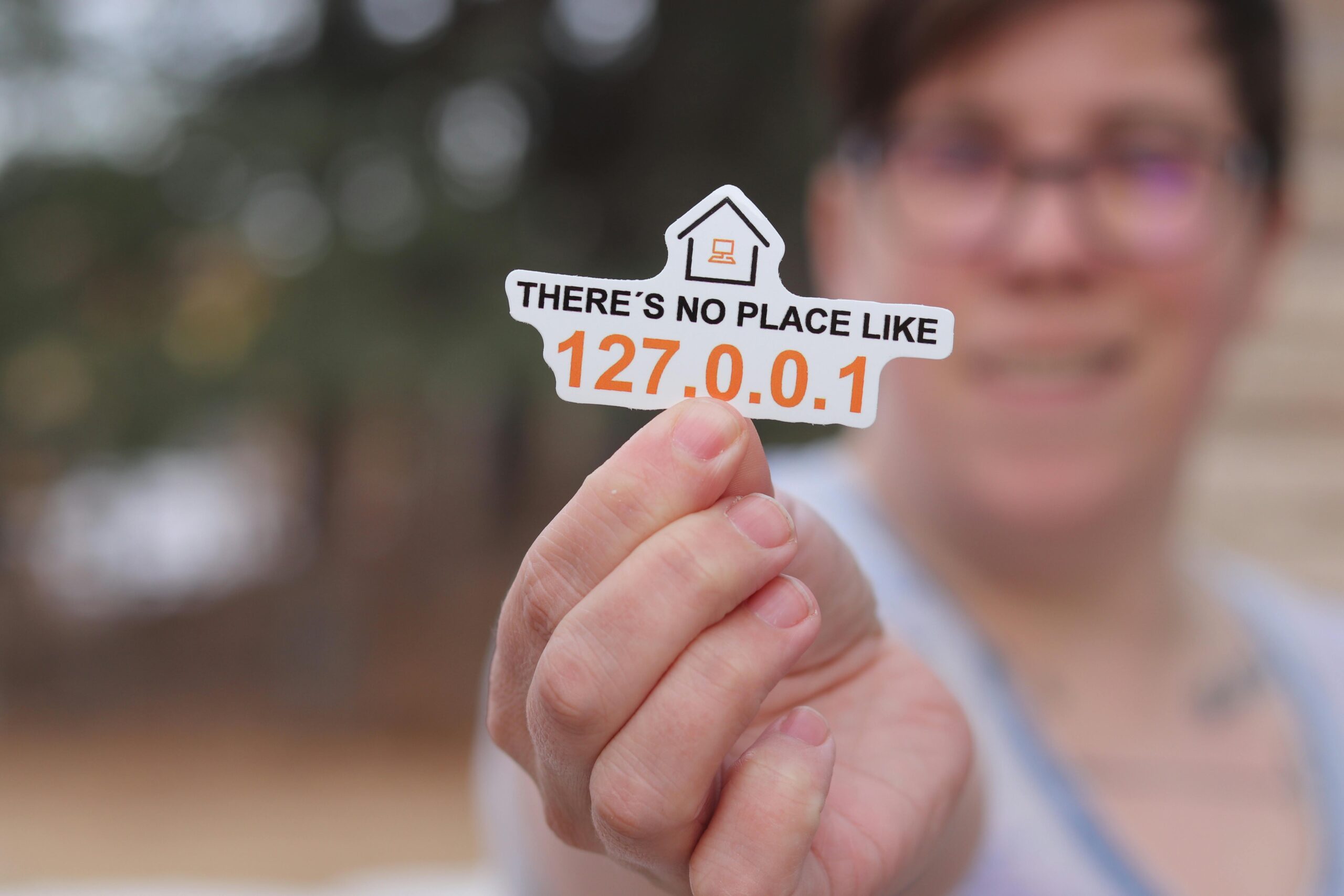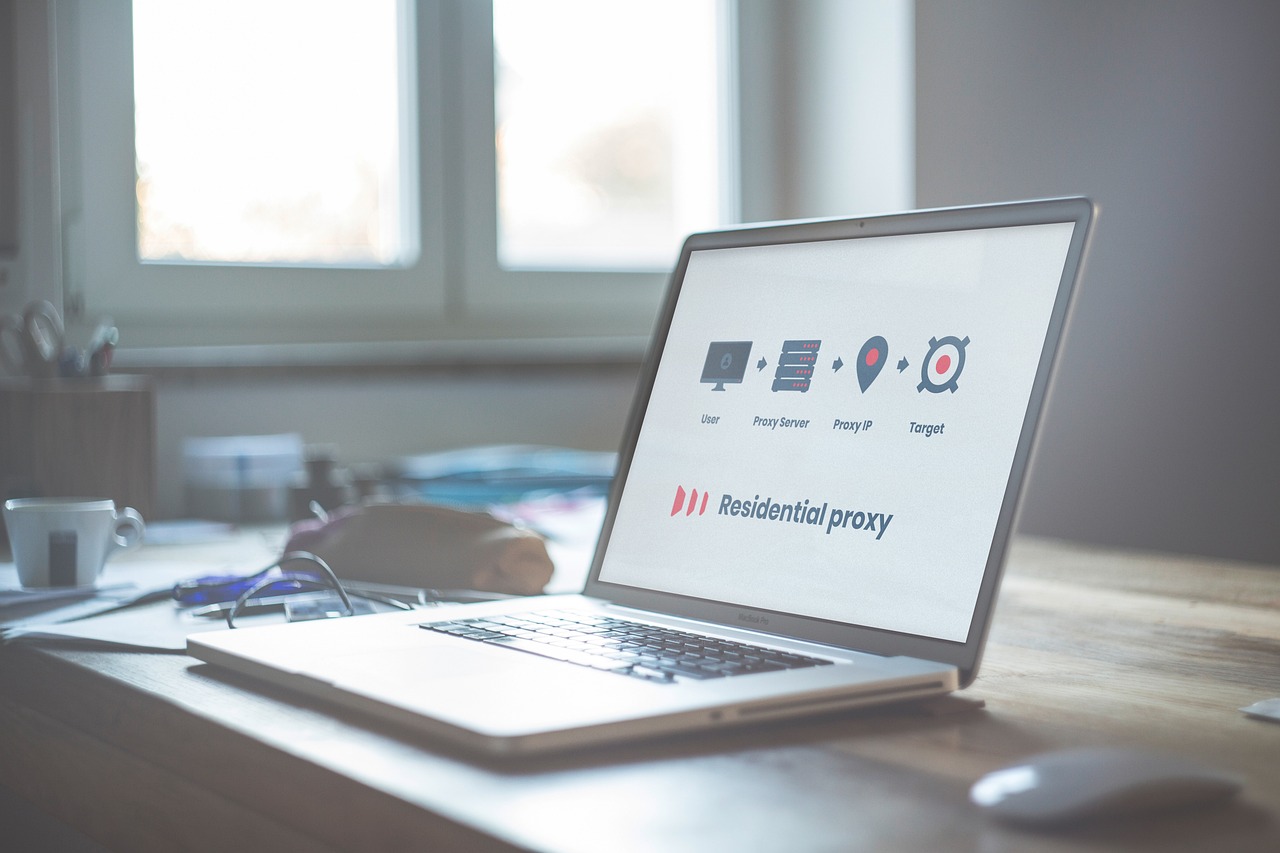What is an IP Address?
An IP (Internet Protocol) address is a unique number assigned to every device connected to the internet. Think of it like your digital home address—it helps data find its way to and from your device. IP address location refers to the approximate physical location (like city, region, or country) that can be determined from a device’s IP address.
Why Your IP Address Reveals More Than You Think
Every time you browse the internet, you leave behind a digital footprint. One of the most revealing parts of that footprint is your IP address. It may look like a random string of numbers, but it can tell websites and services a lot about you from your approximate location to your internet service provider.
Purpose of This Guide
If you’re wondering, “What is my IP address and where does it say I am?”, this guide will explain everything you need to know about IP address locations, accuracy, and how to protect your online identity.
Internet Protocol Address Explained
An IP address is a numerical label that identifies devices on a network. It’s essential for online communication and serves two main functions:
- Identifying the host or network interface
- Providing the location of the host in the network
IPv4 vs. IPv6
- IPv4: 32-bit address like
192.168.1.1. Most common but running out of unique addresses. - IPv6: 128-bit address like
2001:0db8:85a3::8a2e:0370:7334. Newer and supports more devices.
Public vs. Private IP Addresses
- Public IP: Assigned by your ISP and used across the internet.
- Private IP: Used within your local network and not visible to the public.
Static vs. Dynamic IPs
- Static IP: Doesn’t change, useful for servers or remote access.
- Dynamic IP: Changes periodically, assigned by DHCP.
What Information Does My IP Address Reveal?
When you ask, “What does my IP address show?”, here’s what can be discovered:
- Geographic Location: Country, region, city (approximate)
- ISP: Your Internet Service Provider
- Device Type: Limited details, such as mobile or desktop
Common Misconceptions:
- IP addresses do not reveal your exact home address
- They do not show your name or phone number
Why you should change your IP address
If you want to protect your privacy, make your computer safer, and fix network problems, you might want to change your IP address. A new IP address can help stop websites, apps, or ads from keeping track of what you do online and collecting information about how you browse. You can also get around regional restrictions or material that is geo-blocked by changing your IP address. This lets you access websites or services that are blocked in your area. If your current IP address is blocked, slow, or giving you trouble connecting, getting a new one can fix your internet connection and make the network run better overall.
How to Find Out My IP Address Location
Method 1: Online IP Lookup Tools
You can simply visit:
Method 2: Router or Network Settings
- Log into your router’s admin page
- Check WAN settings to find your public IP address
Method 3: Command Line
- Windows: Type
ipconfigin Command Prompt - Mac/Linux: Use
ifconfigorip a
How Accurate Is My IP Address Location?
Factors That Affect Accuracy
- Your ISP’s IP range
- Use of VPNs or proxy servers
- Mobile data vs. Wi-Fi
Urban vs. Rural Accuracy
- Urban users: Usually more accurate (within a few miles)
- Rural areas: Often less accurate, sometimes showing a nearby city
Why It’s Only Approximate
IP geolocation is based on databases that map IP ranges to areas. These databases are updated regularly, but not always perfectly.
How IP Addresses Work?
How It Works (Step-by-Step):
1. Device Connects to Network
When your phone or computer connects to Wi-Fi or mobile data, your device gets an IP address—either from your router (private IP) or your internet provider (public IP).
2. You Request a Website
You type in a website (like www.google.com) and hit enter. Your device sends a request to the website’s server using your IP address as the return address.
3. Server Finds Your IP
The server sees your public IP address and sends the website data back to you using it—like mailing a letter to your house.
4. You See the Website
Your browser receives the data and displays the site, all within seconds!
Why Websites and Apps Track Your IP Address?
Websites and apps keep track of your IP address to make the experience better, keep you safer, and show you more relevant information. If they know your IP address, they can figure out roughly where you are to offer services that are specific to your area, like local news, language settings, or prices. Tracking IPs can also help find and stop fraud, hacking efforts, or multiple logins that look fishy. A lot of websites also use IP addresses for marketing and data purposes, like tracking how visitors behave, showing them more relevant ads, and making the websites run faster. This tracking can be helpful, but it can also be a threat to privacy. To hide IP addresses, people often use tools like VPNs.
How to Hide or Change My IP Address?
Use a VPN (Virtual Private Network)
Encrypts your connection and changes your visible IP address.
Proxy Servers
Acts as a middleman between your device and the internet.
Tor Browser
Routes your traffic through multiple servers, providing anonymity.
Mobile Hotspot & Tethering
Switches your connection to mobile data with a different IP.
Why Hide Your IP?
- To browse privately
- Access geo-blocked content
- Prevent tracking and data collection
Risks and Privacy Concerns
- Data Tracking and Profiling: Marketers and third parties build user profiles
- Public Wi-Fi Risks: Hackers can monitor unsecured connections
- IP-based Bans: Some sites may block certain regions unfairly
Tips to Protect Your IP Address and Location
- Use HTTPS websites only
- Enable firewalls and antivirus
- Set devices to use dynamic IPs
- Use privacy-focused browsers like Brave or Firefox
- Avoid clicking unknown links or attachments
Frequently Asked Questions (FAQs)
1. What is my IP address right now? You can find it instantly by visiting whatismyip.com
2. Can someone find my exact address with my IP? No, IP addresses only provide a general location, not a specific street or house number.
3. How do I change my IP location? Using a VPN, proxy server, or switching networks can change your visible IP location.
4. Is using a VPN legal? Yes, using a VPN is legal in most countries, though illegal activities are still not allowed.
5. Why is my IP location wrong? It could be due to ISP settings, outdated IP databases, or mobile network routing.
6. What’s the difference between IPv4 and IPv6? IPv4 uses 32-bit addressing while IPv6 uses 128-bit, offering a much larger address pool.
Conclusion
Knowing your IP address location gives you control over your digital footprint. It helps you:
- Understand what info you’re sharing
- Secure your online activity
- Avoid location-based restrictions
Take action now check your IP, learn how it works, and protect it if necessary.
Disclaimer
This article is for informational purposes only. We do not collect, store, or misuse any IP-related data from visitors. Always follow legal and ethical practices when using IP tools or VPN services.




Equilibrado de piezas
El equilibrado representa una fase clave en el mantenimiento de maquinaria agricola, asi como en la fabricacion de ejes, volantes, rotores y armaduras de motores electricos. Un desequilibrio provoca vibraciones que incrementan el desgaste de los rodamientos, provocan sobrecalentamiento e incluso llegan a causar la rotura de componentes. Para evitar fallos mecanicos, es fundamental detectar y corregir el desequilibrio a tiempo utilizando tecnicas modernas de diagnostico.
Principales metodos de equilibrado
Hay diferentes tecnicas para corregir el desequilibrio, dependiendo del tipo de componente y la intensidad de las vibraciones:
Equilibrado dinamico – Se utiliza en componentes rotativos (rotores y ejes) y se realiza en maquinas equilibradoras especializadas.
Equilibrado estatico – Se emplea en volantes, ruedas y piezas similares donde basta con compensar el peso en un solo plano.
Correccion del desequilibrio – Se lleva a cabo mediante:
Perforado (retirada de material en la zona de mayor peso),
Instalacion de contrapesos (en ruedas, aros de volantes),
Ajuste de masas de balanceo (por ejemplo, en ciguenales).
Diagnostico del desequilibrio: equipos utilizados
Para detectar con precision las vibraciones y el desequilibrio, se emplean:
Equipos equilibradores – Miden el nivel de vibracion y determinan con exactitud los puntos de correccion.
Equipos analizadores de vibraciones – Capturan el espectro de oscilaciones, identificando no solo el desequilibrio, sino tambien otros defectos (como el desgaste de rodamientos).
Sistemas laser – Se usan para mediciones de alta precision en componentes criticos.
Especial atencion merecen las velocidades criticas de rotacion – regimenes en los que la vibracion aumenta drasticamente debido a la resonancia. Un equilibrado correcto previene danos en el equipo bajo estas condiciones.